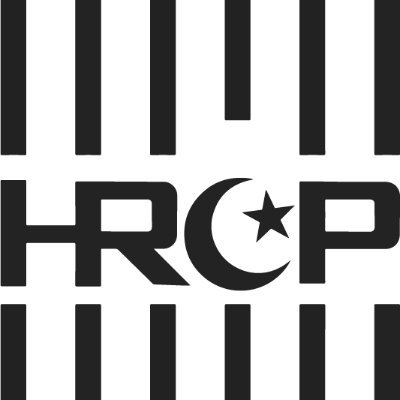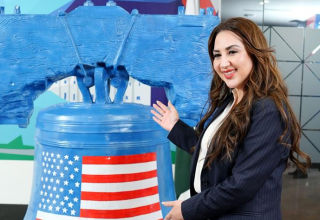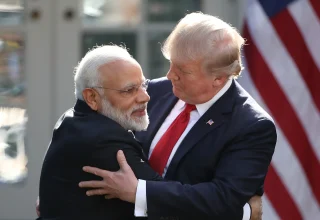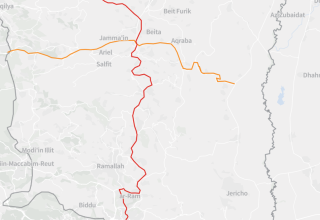
LAHORE: (Pakistan): The Human Rights Commission of Pakistan said a few minutes from now that it was alarmed by the assassination of Dr. Beerbal Ginani in the metropolitan port city of Karachi, the second incident of a doctor from the Hindu community being murdered in the Sindh province, of which Karachi is the capital.
Just a few weeks ago, the HRCP said, Dr. Dharam Dev Rathi was murdered in the city of Hyderabad.
The HRCP has demanded a thorough investigation into the murder and that the perpetrators be apprehended and punished.
Political problems need political resolution: Yesterday, on concluding an extraordinary meeting to deliberate on the current political crisis and constitutional impasse, the Human Rights Commission of Pakistan (HRCP)’s governing council resolved that it is of utmost importance to uphold and strengthen the democratic process.
The resolution stated that the HRCP was deeply concerned that the crisis had resulted in polarization across the political spectrum, triggered by events that were designed to stall the democratic process and undermine the efficacy and legitimacy of Parliament. One political party first abandoned the National Assembly and then dissolved two provincial assemblies. Others in government blocked the subsequent reversal of this move by thwarting the opposition’s attempt to return to the National Assembly.
The HRCP said that despite its considered view that the dissolution of the Punjab and KP assemblies was politically expedient, it is concerned that these assembly elections have been postponed till October by the Election Commission of Pakistan. “We are also aware of legitimate apprehensions that such decisions could become a precedent to be used to derail the democratic process in the future. While HRCP believes that the Constitution does provide solutions that may legitimize delayed elections, it should go without saying that any such delay should be as short as possible and necessary and proportionate to the aims of the delay,” it said.
It called for a consensus among all political parties and stakeholders on the rationale for such a delay and for them to recognise the delay as an unwelcome precedent that must not recur. The election process must also remain free, fair, credible and transparent, and the results acceptable to all political stakeholders.
The HRCP resolved that it was dismayed by the judicial overreach in conflict with the constitutional principle of the trichotomy of powers. It said there is a need to dispel the impression that, in interpreting the Constitution, the Supreme Court enhances its own powers at the expense of other democratic institutions. “The judiciary must safeguard its independence, integrity and credibility. It must resist any urge to interfere in the domain of other constitutional bodies and instead help strengthen all such institutions by giving them the room to resolve issues that fall within their constitutional remit. We also firmly believe that there is no room for threats of any undemocratic interventions,” the HRCP resolution said.
It said it strongly condemns violent and unlawful behaviour by political elements aimed at creating disorder to further their political agendas and at the same time denounced the strong-arm tactics and disproportionate use of force by the state as a means of political repression. “We are deeply concerned to observe that this has involved resorting to the use of colonial laws of sedition, unwarranted charges of terrorism against political opponents, enforced disappearances, and attempts to gag freedom of expression through ill-conceived proposals and actions through PEMRA,” it said.
The HRCP resolution concluded that ultimately, the crux of the ongoing crisis is political and not legal and there is no other option for the political opposition and the government but to hold serious and meaningful dialogue in Parliament to resolve this in the larger interests of Pakistan’s people.





